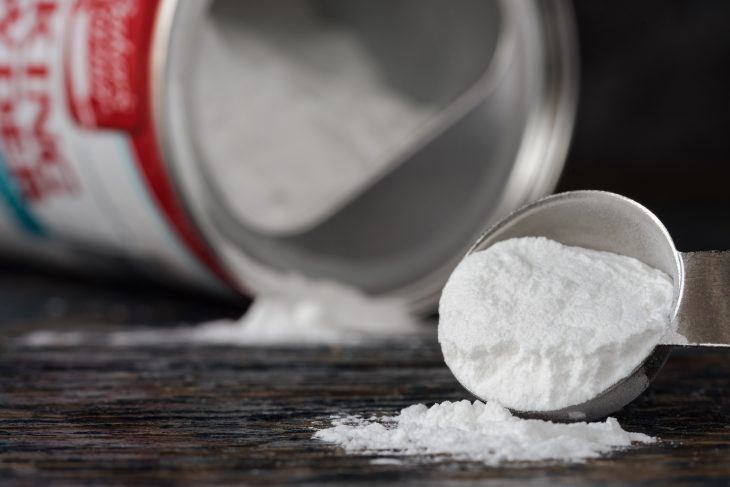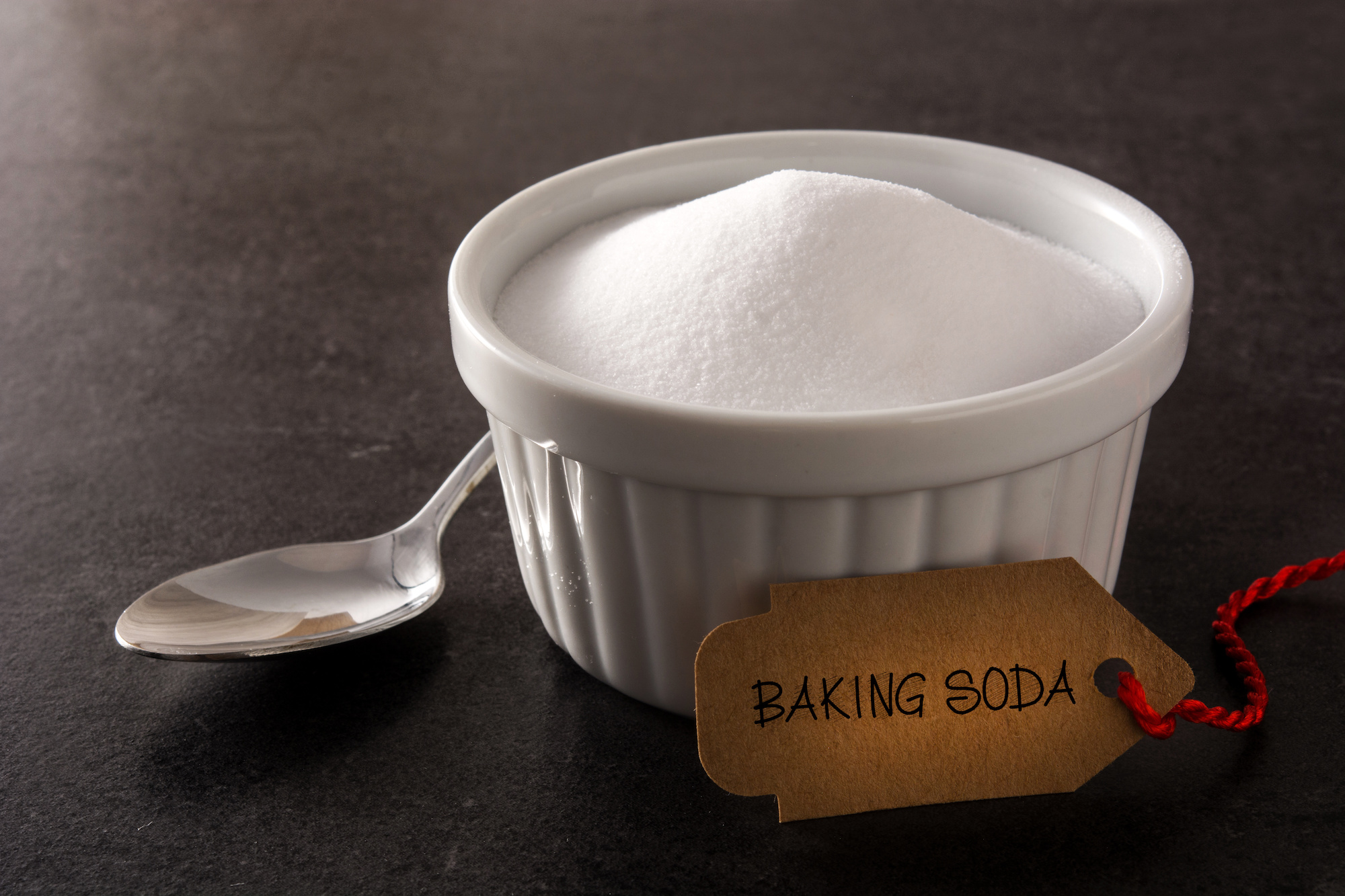
When it comes to baking and cooking, one ingredient that often takes center stage is baking powder. This magical powder is renowned for its ability to make our favorite baked goods rise and achieve that light, fluffy texture we all adore. But baking powder is more than just a leavening agent; it also possesses several nutritional benefits that are worth exploring. In this article, we’ll delve into 11 fascinating baking powder nutrition facts, shedding light on its composition, health benefits, and tips for incorporating it into your diet. So, let’s get started!
Low in Calories
Baking powder is a low-calorie ingredient, making it a suitable choice for those watching their calorie intake. With just a few calories per serving, it can be used to add volume and lightness to recipes without significantly increasing the overall calorie count.
Zero Fat Content
For individuals aiming to reduce their fat intake, baking powder proves to be an excellent option. It contains no fat, which makes it a favorable alternative to ingredients that may contribute to a higher fat content in baked goods.
A Good Source of Sodium
Baking powder is known for its sodium content, which is an essential mineral required by the body in moderate amounts. Sodium plays a crucial role in maintaining fluid balance, transmitting nerve impulses, and supporting muscle function.
Provides Calcium
Calcium is a vital mineral for the development and maintenance of healthy bones and teeth. Baking powder contains a decent amount of calcium, making it a convenient source to incorporate into your diet.
Iron-Rich Ingredient
Iron is an essential mineral that supports the transportation of oxygen throughout the body. Baking powder contains iron, which contributes to meeting your daily iron needs and supports overall health.
A Dash of Potassium
Potassium is crucial for maintaining proper heart function, regulating blood pressure, and supporting muscle contractions. Baking powder contains a small amount of potassium, adding a hint of this essential mineral to your recipes.

Acts as an Antacid
Beyond its nutritional value, baking powder can also function as an antacid. When ingested, it can help neutralize excess stomach acid, offering relief from heartburn and indigestion.
Promotes Digestive Health
Baking powder contains alkaline compounds that aid in digestion by balancing pH levels in the stomach. This can alleviate digestive discomfort and promote a healthy digestive system.
Gluten-Free Option
For individuals with gluten intolerance or celiac disease, finding suitable baking ingredients can be a challenge. Thankfully, baking powder is naturally gluten-free, making it a safe choice for gluten-free recipes.
Vegan-Friendly
Baking powder is typically free from animal-based ingredients, making it suitable for those following a vegan or plant-based lifestyle. It serves as an excellent leavening agent in vegan baking, ensuring light and fluffy results.
Versatile and Easy to Use
Last but not least, baking powder is incredibly versatile and easy to incorporate into various recipes. Whether you’re baking cakes, muffins, or even making pancakes, adding baking powder helps achieve the desired texture and rise in your creations.
Conclusion
The baking powder goes beyond its leavening properties and offers numerous health benefits. From its low-calorie content to its contribution of essential minerals like calcium, iron, and potassium, baking powder can be a valuable addition to your culinary endeavors. Moreover, its antacid properties, digestive health benefits, and suitability for special dietary needs further enhance its appeal. So, next time you whip up a batch of baked goods, remember the incredible nutritional value that baking powder brings to the table.
Frequently Asked Questions (FAQs)
Can I use baking powder as a substitute for baking soda?
While they are both leavening agents, baking powder and baking soda have different properties. However, in some recipes, you can use baking powder as a substitute for baking soda by increasing the quantity to maintain the desired leavening effect.
Is baking powder harmful to consume in large quantities?
When used in moderation, baking powder is safe to consume. However, excessive intake of baking powder can lead to health issues due to its sodium content. It is always best to follow recommended serving sizes.
Can baking powder go bad?
Yes, baking powder can lose its effectiveness over time. To check if your baking powder is still active, you can mix a small amount with water. If it bubbles and fizzes, it is still good to use.
Can the baking powder be used for non-culinary purposes?
Yes, baking powder has various non-culinary uses. It can be used as a natural cleaning agent, deodorizer, or even a skin exfoliant.
Does baking powder contain gluten?
Baking powder is typically gluten-free. However, it is essential to check the label or choose a certified gluten-free brand to ensure there are no traces of gluten in the product.
Was this page helpful?
Our commitment to delivering trustworthy and engaging content is at the heart of what we do. Each fact on our site is contributed by real users like you, bringing a wealth of diverse insights and information. To ensure the highest standards of accuracy and reliability, our dedicated editors meticulously review each submission. This process guarantees that the facts we share are not only fascinating but also credible. Trust in our commitment to quality and authenticity as you explore and learn with us.


